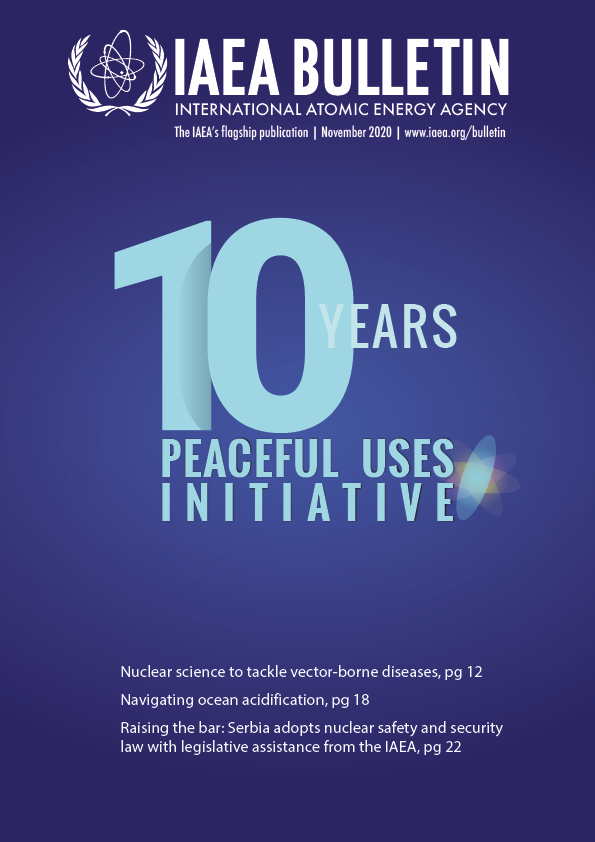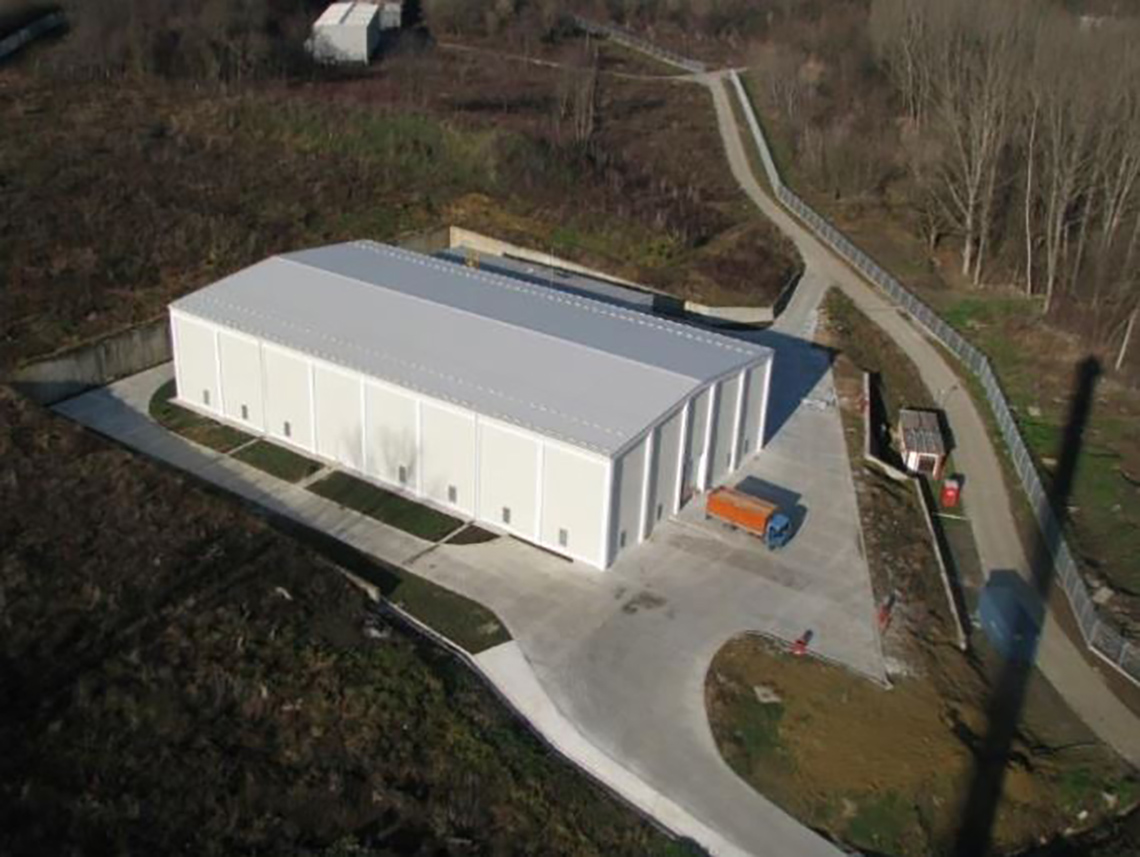Enhancing nuclear legal frameworks in Europe and Central Asia
The IAEA is implementing a regional legislative assistance project with countries across Eastern Europe and Central Asia. Its goal is to help governments to create, implement and maintain comprehensive national nuclear legal frameworks and become party to the relevant international legal instruments. “The available legislative assistance will enable all participating countries to assess, revise and draft national legislation,” said Brajic, who serves as the lead coordinator of the regional project. “Many countries have already submitted their informal work plans identifying assistance in support of their efforts to strengthen their legal framework.” The project will enhance understanding and capabilities through training in nuclear law, while raising decision makers’ awareness of the benefits of international legal instruments and comprehensive national legal frameworks.
In the first of a series of events under this initiative, the IAEA organized a regional workshop on harmonizing national nuclear law with international and European law, hosted by the University of National and World Economy in Sofia, Bulgaria, in January 2020. “This workshop, as well as all intended activities within this project, is expected to lead to better addressing all relevant topics and common challenges concerning the national nuclear legal framework and enhanced collaboration between more experienced and less experienced countries,” Brajic said. More than 50 participants attended the workshop, which covered all branches of nuclear law: safety, security, safeguards and civil liability for nuclear damage.
However, owing to the COVID-19 pandemic, several activities had to be postponed. As an interim measure, virtual activities are taking place.
“The launch of our Webinar Series on Nuclear Law on 5 October marks a new approach, during this current period of international travel disruptions, to engaging with our Member States in this area,” Tonhauser said. Around 480 officials participated in the first webinar, which covered the role of the IAEA.
“Due to interest in the series, we will host a webinar on nuclear law for the general public as well. It will provide an opportunity for individuals and organizations, including from industry, law firms, non-governmental organizations, civil society and academia, to engage with IAEA staff and international experts on the subject,” Tonhauser added.

